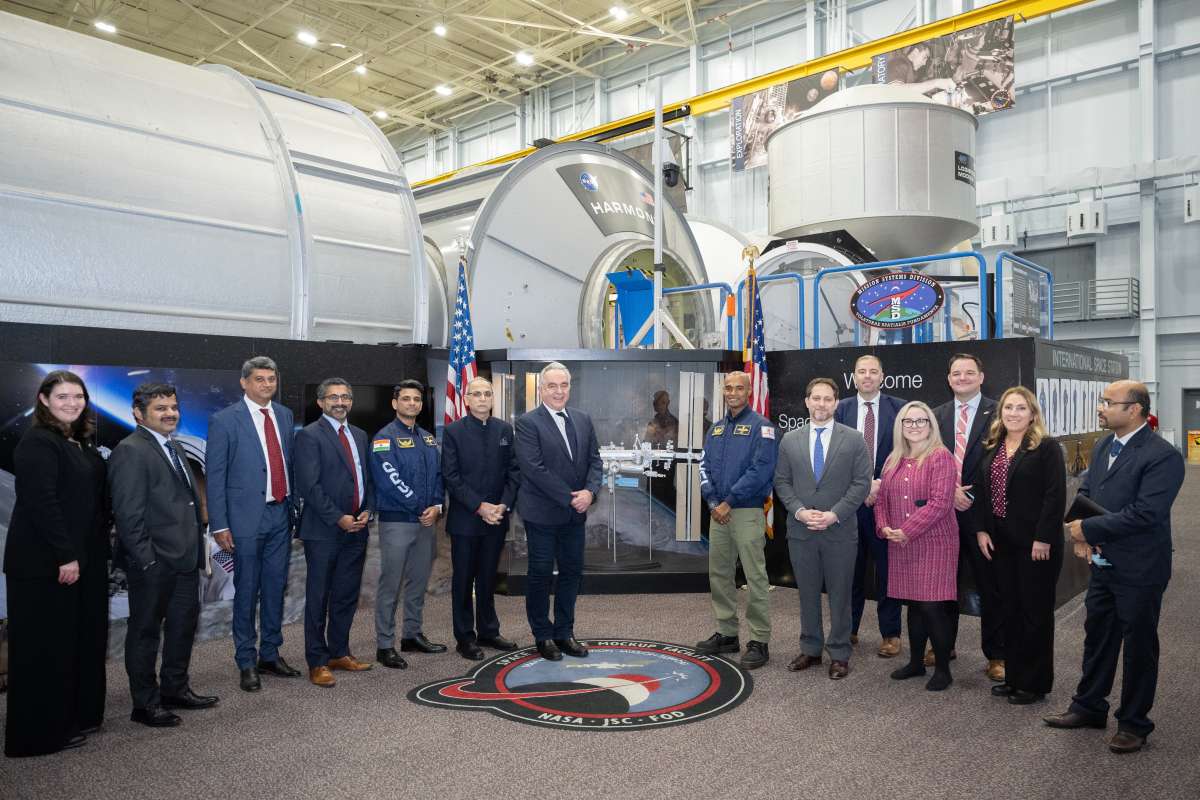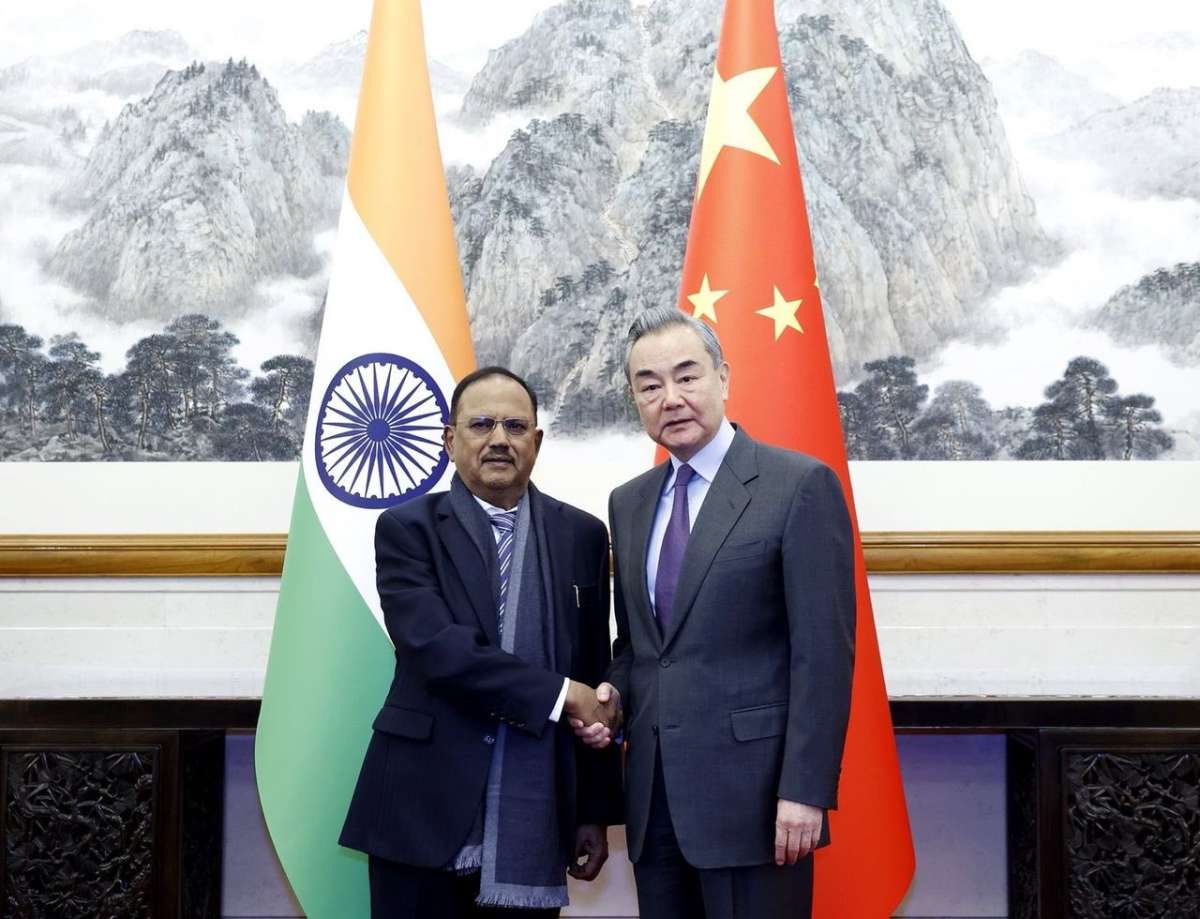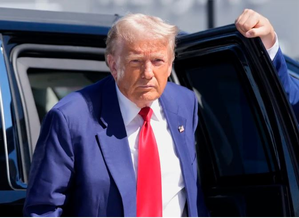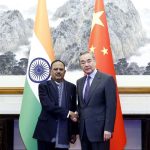Treasury Secretary Janet Yellen says she will raise concerns of China overproducing solar panels, EVs and lithium-ion batteries…reports Asian Lite News
Treasury Secretary Janet Yellen said on Wednesday she intends to warn China about the negative effects of Beijing’s subsidies for its clean energy industries, including solar panels and electric vehicles, during a visit to the country.
“I intend to talk to the Chinese when I visit about overcapacity in some of these industries, and make sure that they understand the undesirable impact that this is having — flooding the market with cheap goods — on the United States but also in many of our closest allies,” Yellen told MSNBC in a live interview.
Yellen travelled to the state of Georgia to visit a Suniva solar cell manufacturing plant that closed in 2017 due to competition from cheaper, subsidized solar panels from China.
The plant is now reopening because of anticipated demand fueled by tax credits for US-made clean energy technology in the 2022 Inflation Reduction Act worth hundreds of billions of dollars.
Earlier on Wednesday, Suniva and Canada’s Heliene announced a three-year, $400 million deal to join forces to cooperate on the production of fully US-made complete solar panels that can be installed into solar power projects. A steady supply of US-produced panels will enable solar project developers to claim a 10 percent bonus credit on top of the 30 percent tax credit on the cost of renewable energy facilities.
Yellen said in remarks at the factory that she will raise concerns China is now overproducing solar panels, EVs and lithium-ion batteries in the same way that it built too much capacity to make steel and aluminum, distorting global markets and hurting jobs in other industrial and developing economies.
Politico has reported that Yellen will travel to China in April. The Treasury Department has declined to confirm her travel plans.
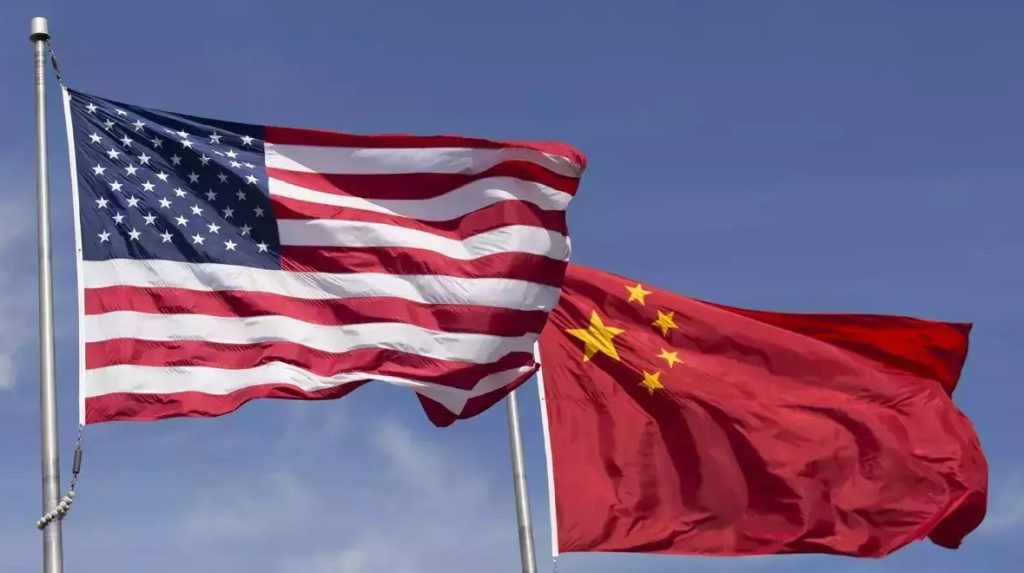
“I will convey my belief that excess capacity poses risks not only to American workers and firms and to the global economy, but also productivity and growth in the Chinese economy, as China itself acknowledged in its National People’s Congress this month,” Yellen said. “And I will press my Chinese counterparts to take necessary steps to address this issue.”
China’s excess capacity is an increasing source of concern to Biden administration officials as its exports surge in the face of weak demand at home, while Chinese policymakers are pledging more support for strategically important sectors.
At the same time, the US is pouring hundreds of billions of dollars of tax incentives into clean energy to attract investments that can build viable EV and alternative power sectors that do not depend on China for crucial components such as batteries.
Yellen highlighted the Suniva plant as an example of how the Biden administration’s economic agenda is “lowering energy costs for American consumes and powering growth in strategic industries.”
Yellen told reporters the US has been advocating a rebalancing of China’s economy toward more consumer spending, but added that she was not prepared to discuss potential retaliation from the US and its allies against China’s policies.
“We see, of course, the same concerns in Europe, for example, but I don’t want to get into retaliation,” Yellen said. “We want to see what we can do that’s constructive.”
Trade with China is poised to become a prominent issue in the 2024 presidential campaign pitting Biden against Donald Trump, his Republican predecessor.
Biden has kept many of the tariffs on Chinese imports that Trump imposed, but the former president has vowed to impose steeper levies on Chinese products if he wins a second term. This is expected to put pressure on Biden to take a tougher stance against Beijing on trade heading into the November vote.
Yellen said in her speech that Biden’s policies were already producing results, including in Georgia — a crucial swing state in the election.
She highlighted companies’ announcements of more than $675bn in clean energy and manufacturing investments since the start of the administration, saying that solar accounted for more than half of new power generation capacity added to the US grid last year.
With US-China relations at a low over national security issues — including Taiwan, US export bans on advanced technologies and China’s state-led industrial policies — Washington has been trying to repair ties between the world’s two biggest economies.
China, still the world’s largest greenhouse gas emitter, has also invested in technological innovation — in electric cars, electric batteries and renewable energy — that could drive down the cost of reducing greenhouse gas emissions in the US and around the world.
Earlier, Yellen also said the US would not compromise on national security interests and democratic values, even when they forced economic trade-offs. She underscored that Washington’s actions against China were motivated solely by these concerns, and the goal was not to gain a competitive economic advantage.
ALSO READ: Biden passes $1.2 tr bill averting shutdown

